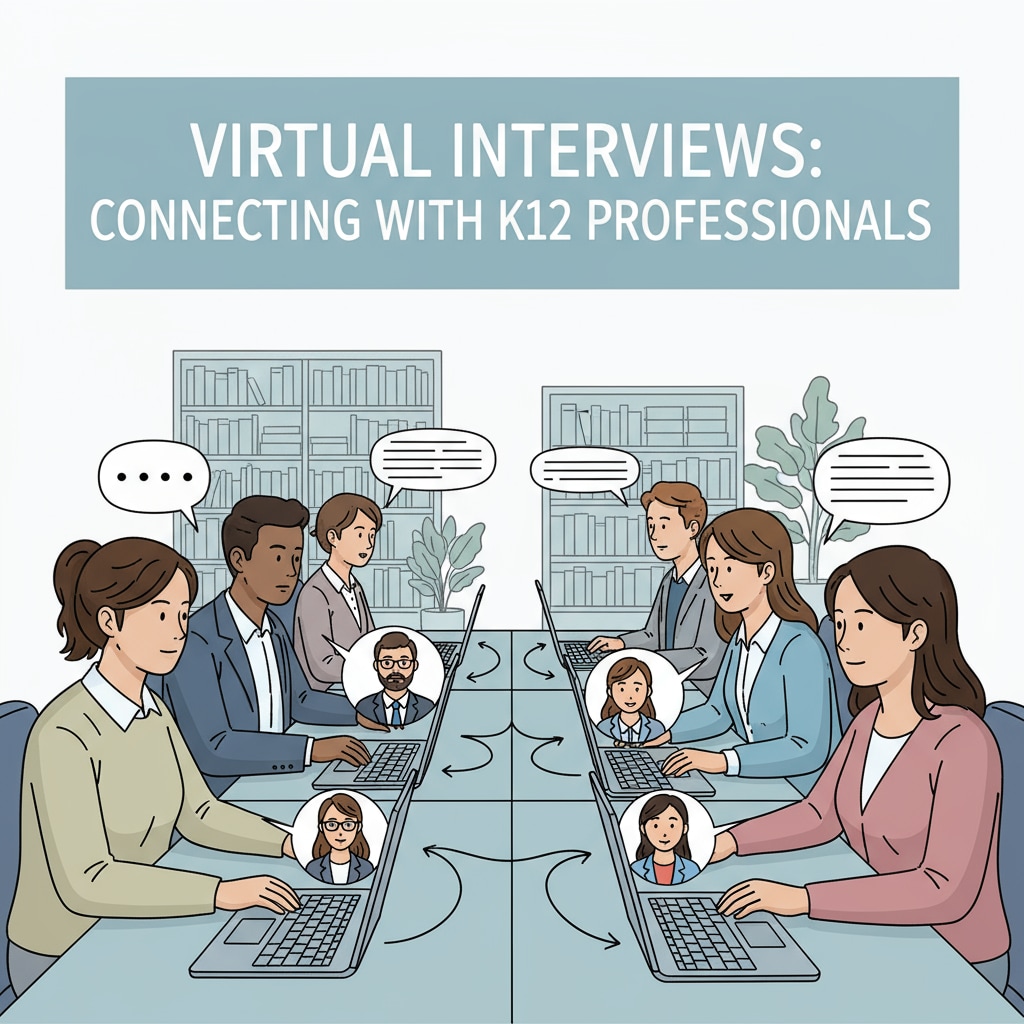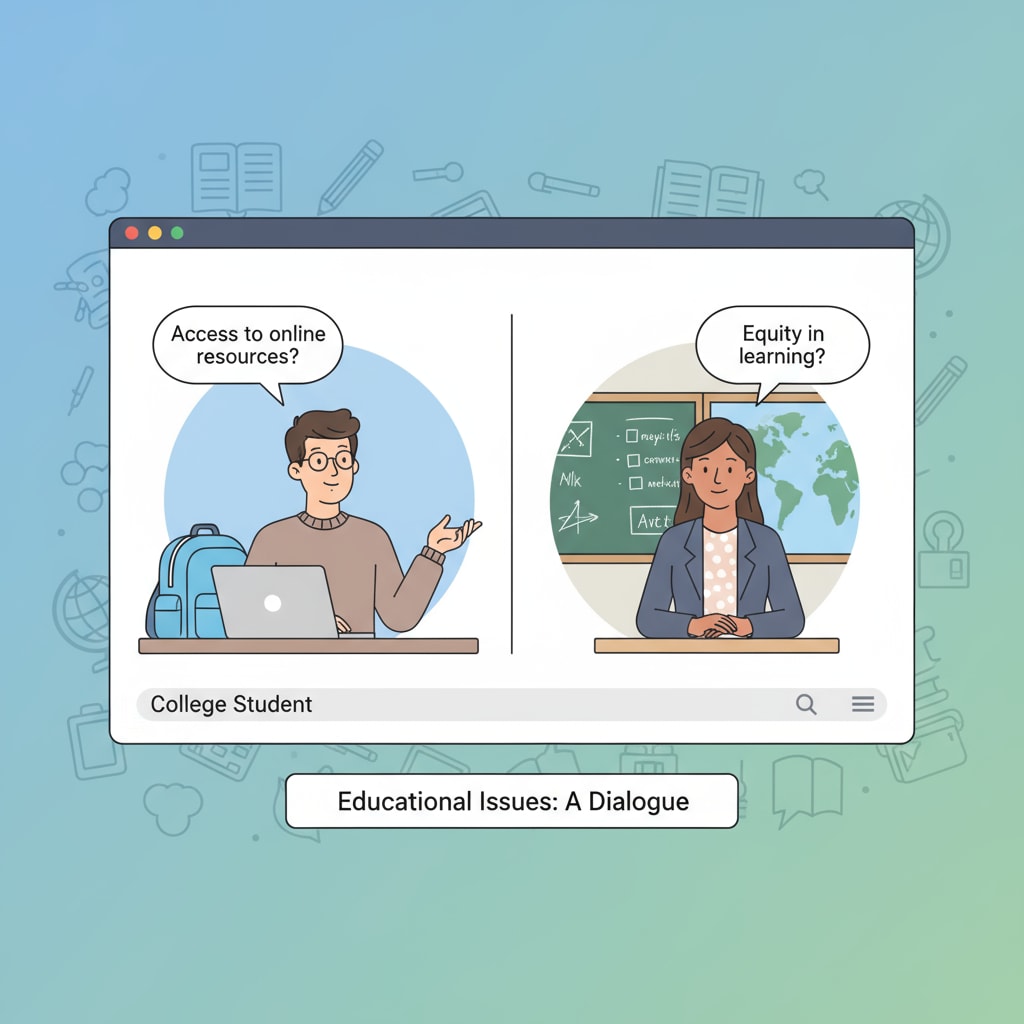University projects, urban education, and virtual interviews are forging a new path in the realm of education. In today’s dynamic educational landscape, the connection between higher education and the K12 system is becoming increasingly crucial. Through virtual interviews, college students are playing an active role in this connection, bringing fresh perspectives to urban education.

The Significance of University-K12 Collaboration
This collaboration between universities and K12 education is of great significance. It serves as a bridge that links theoretical knowledge from higher education with the practical needs of K12 classrooms. For example, university students involved in education-related projects can gain real-world insights into the challenges faced by K12 educators. This interaction enriches their academic understanding and also provides practical solutions for K12 schools. As a result, both sides benefit from this exchange.
Virtual Interviews as a Catalyst
Virtual interviews have emerged as a powerful catalyst in this process. They break down geographical barriers, allowing college students to connect with K12 education stakeholders across the city of New York. Through these interviews, students can gather valuable data on teaching methods, curriculum design, and educational policies in urban K12 settings. According to Education in the United States on Wikipedia, the diverse nature of urban education requires innovative approaches, and virtual interviews enable the exploration of these ideas. For instance, students might interview teachers about their experiences with inclusive education in New York City schools, which can inform future educational strategies.

In addition, virtual interviews offer a platform for K12 educators to share their expertise and concerns. This interaction can lead to the development of new educational initiatives. For example, based on the insights gained from interviews, universities could design professional development programs tailored to the needs of K12 teachers. This not only enhances the skills of K12 educators but also contributes to the overall improvement of urban education quality.
Furthermore, the data collected through these interviews can provide new perspectives for education policy-making. University students, with their academic knowledge and fresh eyes, can analyze the information and offer suggestions that might influence local and even national education policies. As stated on Education on Britannica, informed policy decisions are essential for the progress of education, and the insights from these interviews can play a significant role.
In conclusion, university projects, urban education, and virtual interviews are intertwined in a way that promotes educational innovation. This collaborative effort between higher education and K12 system holds great promise for the future of education in New York and beyond. By continuing to engage in these interviews and collaborations, we can expect to see more positive changes in the field of K12 education.
Readability guidance: Short paragraphs and lists are used to summarize key points. Each H2 section provides a list where possible. The proportion of passive voice and long sentences is controlled, and transition words are added throughout the text.


